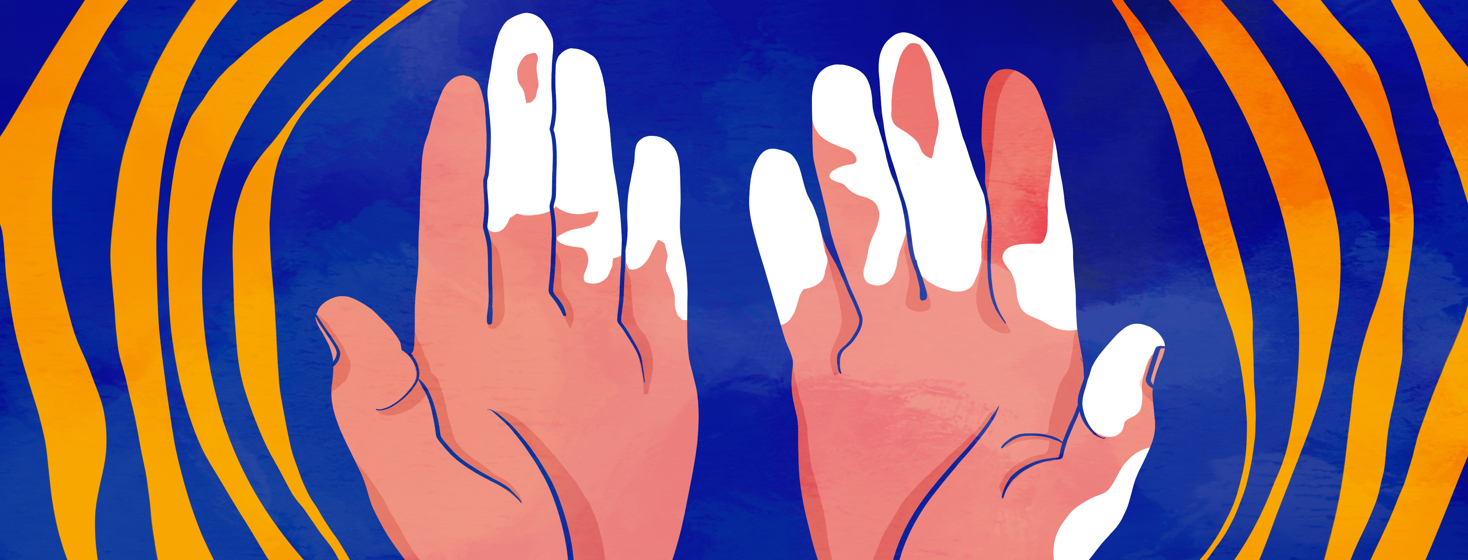What Is Undifferentiated Connective Tissue Disease?
Undifferentiated connective tissue disease (UCTD) is a term given to an autoimmune disease affecting the connective tissue. Autoimmune diseases occur when your body’s defense system, the immune system, is too active. This causes damage.1 In the case of UCTDs, the immune system inflames connective tissue such as tendons, ligaments, skin, cartilage, bone, and blood vessels.2 This can cause joint pain and other symptoms.1
UCTDs should not be confused with connective tissue diseases (CTD), which are autoimmune diseases like lupus, rheumatoid arthritis, and scleroderma.3 CTDs have certain trademark symptoms that help doctors to diagnose. They usually cause more damage than UCTDs.3 If you are diagnosed with UCTD, you likely share some symptoms of a CTD but maybe not the trademark symptoms.1
UCTDs and CTDs are very different in terms of treatment and outcome.1,3 Just because you have UCTD does not mean you will end up with a CTD like lupus.1,3
Undifferentiated connective tissue disease symptoms
Symptoms vary from person to person. They may also change over time. The most common symptoms are:1-4
- Joint pain
- Rash, especially on the face
- Alopecia (loss of hair)
- Dry mouth and eyes
- Mouth ulcers
- Low-grade fever
- Photosensitivity – easily sunburned and sensitive to light
- Raynaud’s phenomenon – lack of blood to your hands and feet which makes them look blue when you get cold
- Abnormalities in the blood – some UCTDs cause anemia (low red blood cells), leukopenia (low white cells), or thrombocytopenia (low platelets)
- Neuropathy – a tingling feeling in the toes and fingers
Undifferentiated connective tissue disease causes
Doctors do not know why people get UCTDs.3 This is not surprising as the cause of many autoimmune diseases is unknown. Doctors think it may be a combination of genetics and lifestyle.3
Risk factors
Doctors are still trying to figure out risk factors for autoimmune diseases like UCTDs. However, more women than men get autoimmune diseases making gender a risk factor.5
Undifferentiated connective tissue disease diagnosis
UCTDs are diagnosed by ruling out other diseases first.3 Your doctor will also run blood tests. An active immune system sends signals to the body through the blood. Different diseases send different signals. A diagnosis is made by looking at which signals, if any, are in your blood.
Being diagnosed with UCTD does not necessarily mean you will develop CTD.3 Out of every 10 people diagnosed with UCTD, 2 will develop CTD.3 Three people will recover completely, and their symptoms disappear.3 The remaining 5 will live with some mild symptoms of UCTD.3
CTDs like lupus and rheumatoid arthritis share some symptoms with UCTDs.3 Unlike CTDs, UCTDs do not cause organ damage.3
How will I know if my UCTD will turn into CTD?
A 2017 study showed that people had symptoms of UCTDs for 3 to 5 years before being able to tell if they were developing classic CTD.1 Doctors are trying to figure out if they can use the autoimmune signals in your blood to determine who will get CTD.3
Undifferentiated connective tissue disease treatment
Some people have such mild symptoms, they do not seek treatment.3 Pain relievers or nonsteroidal anti-inflammatory drugs (NSAIDs) can be used for pain.3 You may also get steroid cream.3 UCTDs are autoimmune in nature, so you could be given drugs that calm the immune system.3 People with Raynaud’s phenomenon may take drugs called calcium channel blockers.1
Lupus considerations
If you have UCTD, talk to your doctor if you are pregnant or thinking of getting pregnant. CTDs like lupus make pregnancy risky.6 Since some UCTDs turn into CTDs, doctors may want to monitor you.
Your doctor may monitor your thyroid. The thyroid is an organ in the neck. It controls many activities in the body.7 The Hospital for Special Surgery reported that out of 75 people with UCTDs, 4 to 5 people had thyroid problems.3
Living with UCTD
Most people with UCTDs live normal lives and need no treatment. Since it takes time for doctors to determine if your UCTD will turn into CTD, a healthy lifestyle is encouraged. Doctors may suggest getting flu or pneumonia vaccines to stay healthy.2 See your doctor regularly. Relay any changes in symptoms that occur between visits.

Join the conversation